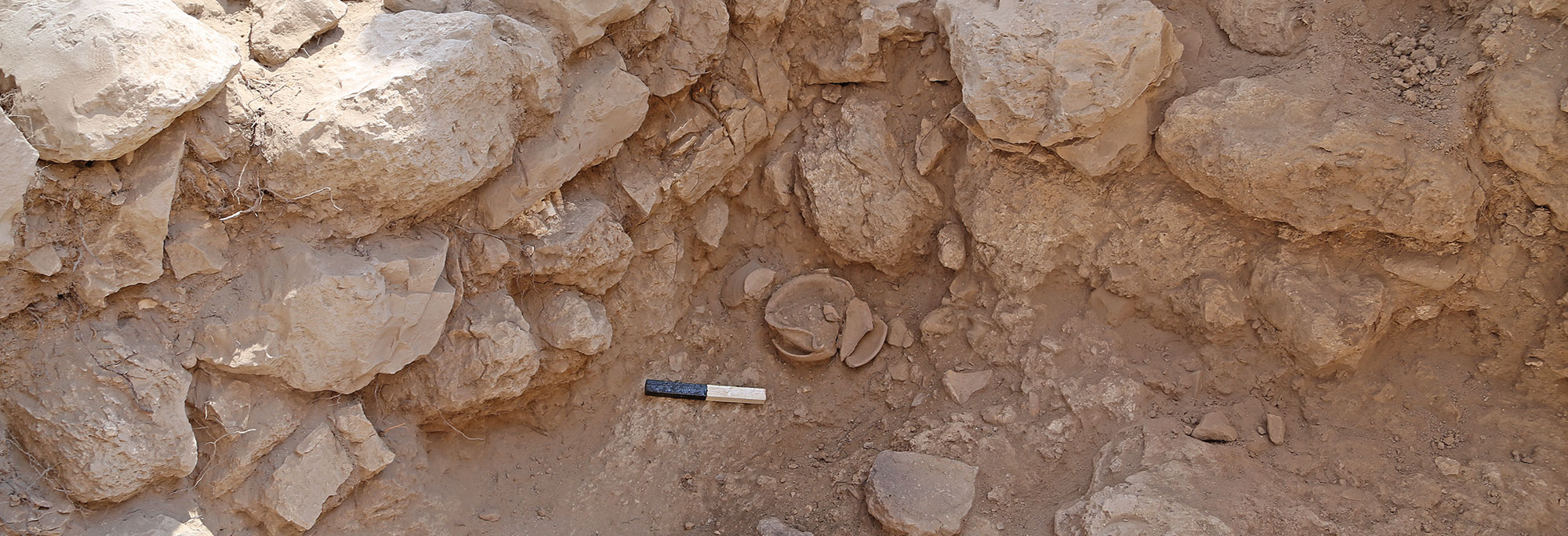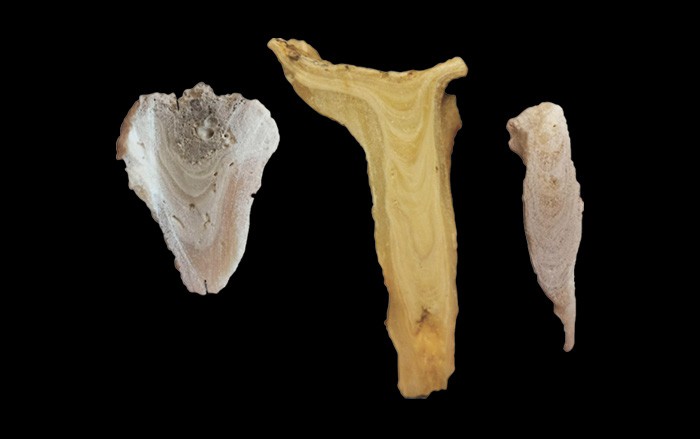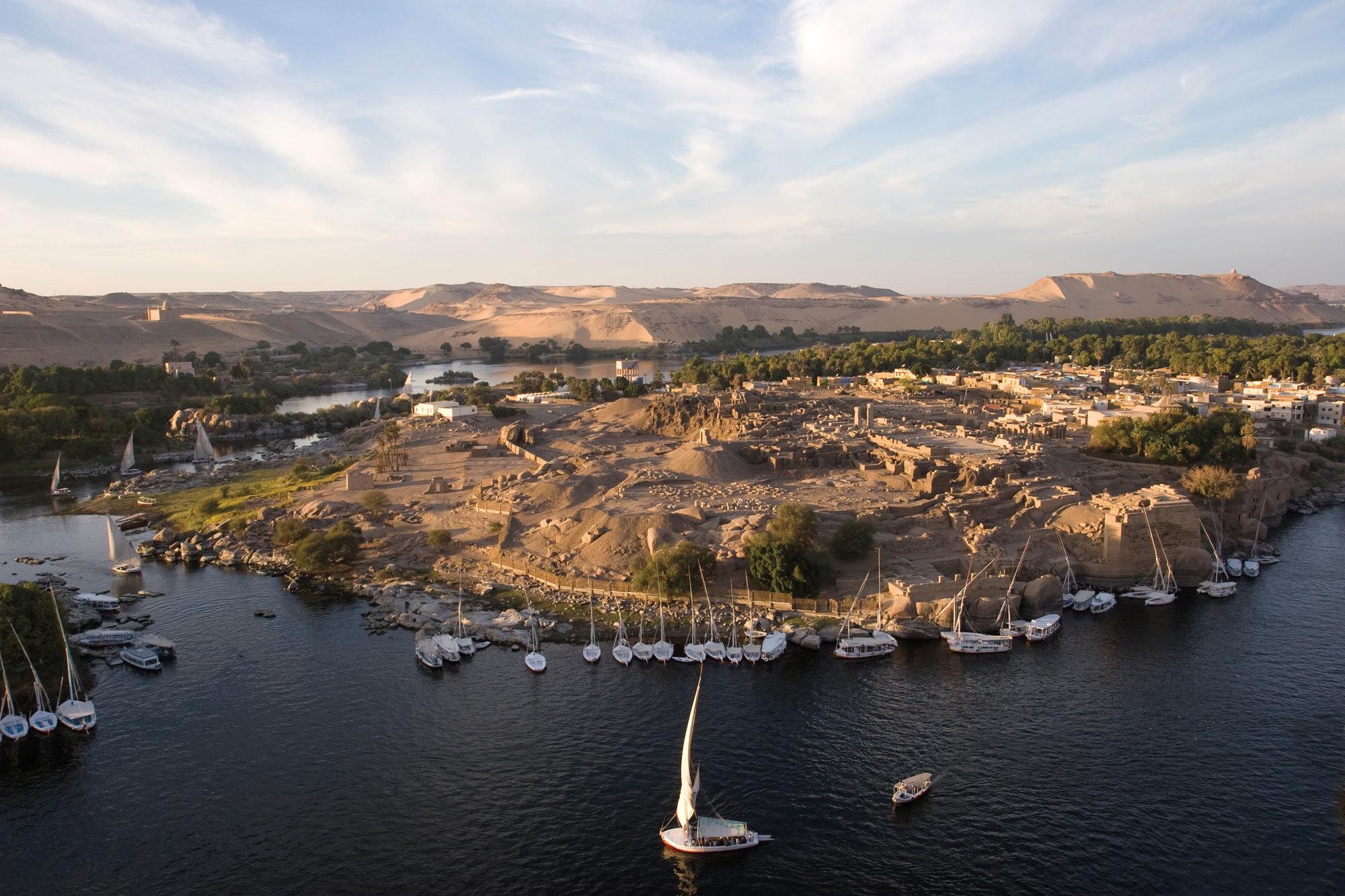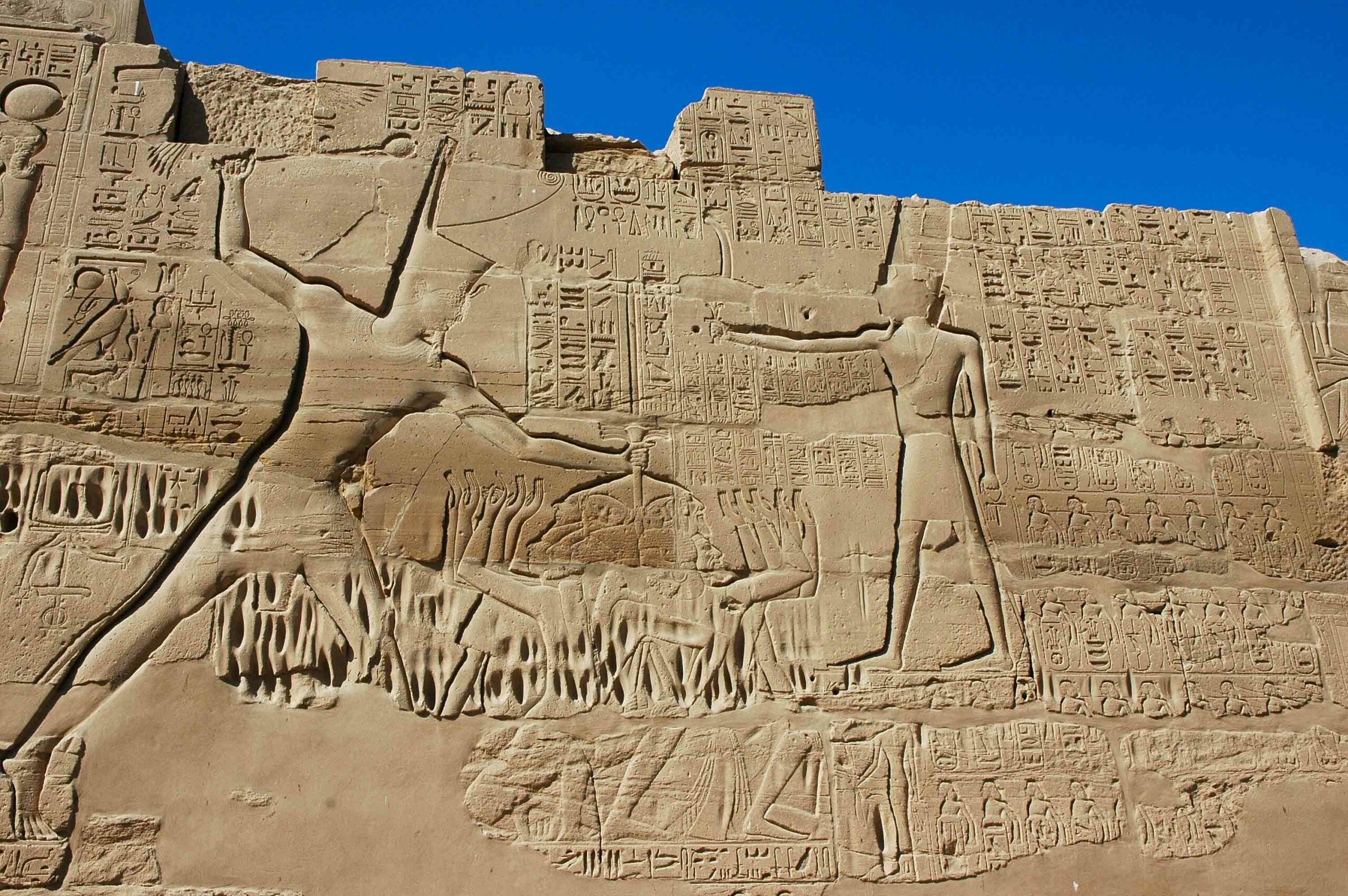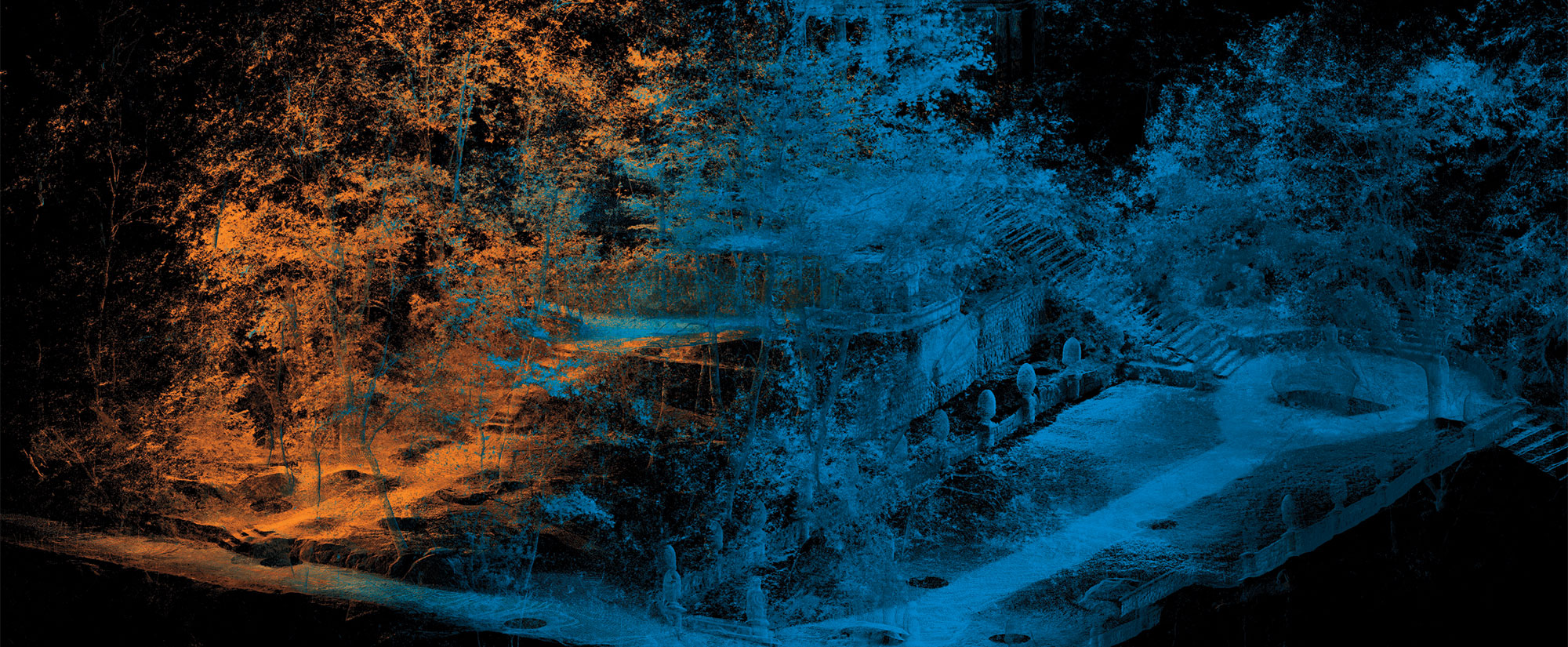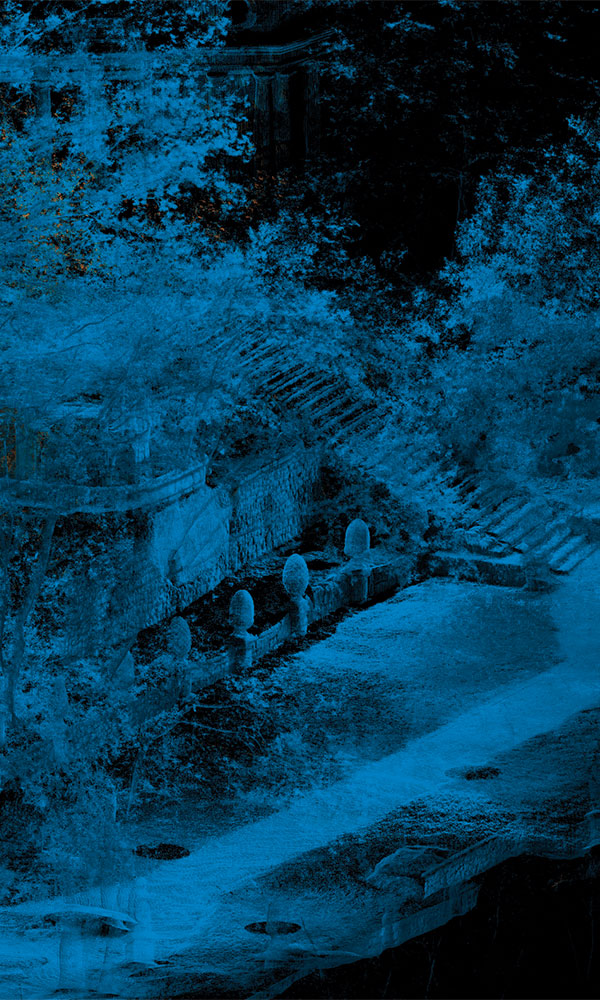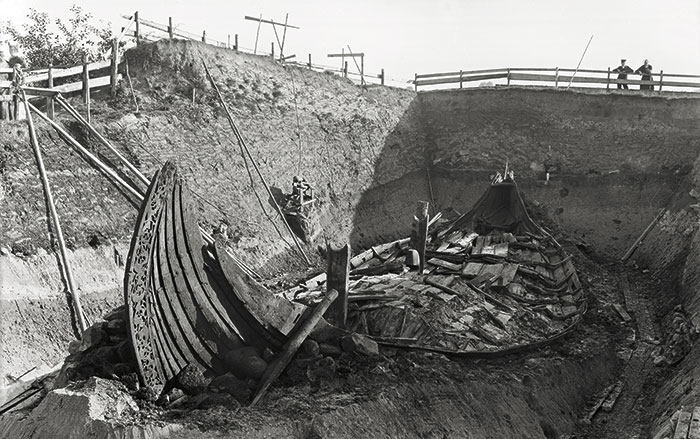TEL AVIV, ISRAEL—For well over a century, excavations at Canaanite sites throughout modern-day Israel have uncovered evidence of a peculiar local tradition. Whenever Canaanites built or renovated a house, or even when the home changed occupants, the owners would bury an oil lamp sandwiched between two ceramic bowls in the floor. Offerings placed in the foundation deposits of structures are well-attested throughout the ancient world, but this behavior was slightly different and archaeologists have often speculated about its origins in the region. Haaretz reports that a new study has connected this ritual to the time when Egypt ruled the Levant. By mapping sites where evidence of this practice took place, both chronologically and geographically, Israeli researchers found that the ritual first appeared around the thirteenth or twelfth century b.c., when the region was colonized by Egypt during the New Kingdom period. They also discovered that it seems to have been most prevalent in settlements that were heavily influenced by Egyptian culture. “Collaboration with the Egyptians, service to the Egyptian empire, adoption of Egyptian iconography and gods, that's something that happens exactly in the areas where the lamp-and-bowl custom appears,” said Tel Aviv University archaeologist Ido Koch. The practice may have stemmed from the Egyptian tradition of burying tools, ceramics, scarabs, and jewelry in building foundations, but the Canaanites altered this custom slightly to fit their own needs and beliefs. The lamp and bowls may been offerings to help ensure safety and prosperity, in which the lamp symbolized light and protection, and the bowl food and plenty. Read the original scholarly article about this research in Tel Aviv: Journal of the Institute of Archaeology of Tel Aviv University. For more, go to "Egypt's Final Redoubt in Canaan."



